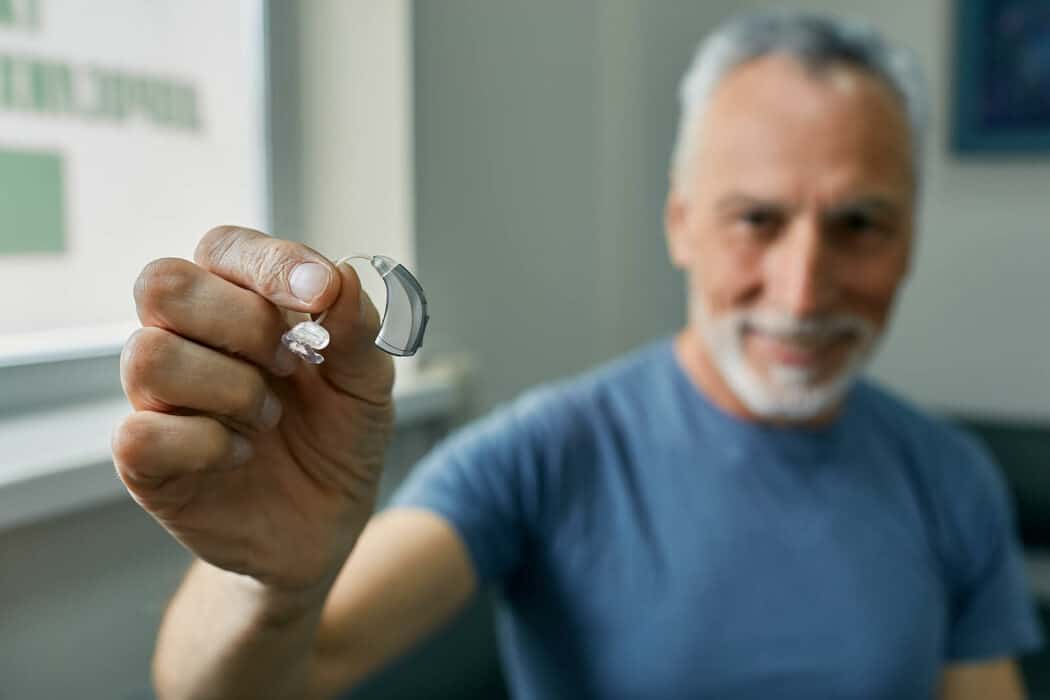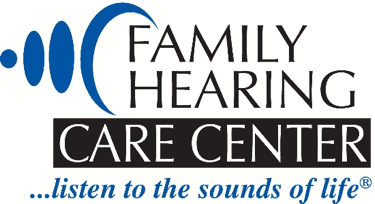
Overcoming Excuses: The Importance of Wearing Hearing Aids
Hearing loss is a prevalent issue that affects millions of people worldwide. Despite the significant advancements in hearing loss prevention, diagnosis, and management, there is a persistent problem: many individuals who need hearing aids do not wear them. In this article, we will explore the common excuses people make for not wearing their hearing aids and the reasons behind these excuses. We will also delve into the latest developments in hearing loss care, including research, futuristic interventions, and the crucial role of early detection.
The Excuses
“I Can Hear Fine Without Them”
One of the most common excuses we hear is, “I can hear fine without my hearing aids.” However, this statement is often a result of individuals failing to recognize the extent of their hearing loss. Our ability to adapt to gradual hearing loss can lead us to believe we are hearing just fine when, in fact, we are missing crucial sounds and nuances in our environment. Regular audiometric testing can help determine the extent of your hearing loss and whether hearing aids would benefit you.
“Hearing Aids Are Uncomfortable”
Some individuals complain about discomfort or irritation when wearing hearing aids. While it is true that hearing aids may take some getting used to, advances in hearing aid technology have resulted in smaller, more discreet, and comfortable devices. Audiologists can also help with adjustments to ensure a better fit and comfort.
“I Don’t Want to Look Old”
The stigma surrounding hearing aids and the association with aging is a significant barrier to their adoption. However, today’s hearing aids come in a wide range of styles, including nearly invisible options that can be worn discreetly. Embracing hearing aids as tools to improve communication and quality of life is a more empowering perspective.
“Hearing Aids Are Too Expensive”
Cost is a legitimate concern for many individuals considering hearing aids. However, it’s essential to weigh the upfront expense against the long-term benefits to your well-being and relationships. In some cases, hearing aids may be covered by insurance, and there are also various financial assistance programs available.
“I Don’t Have Time for Maintenance”
Proper maintenance is essential for the longevity and effectiveness of hearing aids. While some people avoid wearing hearing aids due to perceived upkeep, new models are designed with user-friendly features and require minimal maintenance. Audiologists can guide patients on how to clean and care for their devices.
“They Don’t Work in Noisy Environments”
Another common excuse is the belief that hearing aids do not work well in noisy environments. While it is true that hearing aids may not eliminate background noise entirely, modern devices feature advanced noise reduction and directional microphone technologies. Additionally, audiologists can fine-tune hearing aids to maximize performance in noisy settings.
The Reasons Behind the Excuses
Understanding the reasons behind these excuses is crucial for addressing the issue of non-compliance with hearing aid use. Many individuals delay or avoid getting hearing aids due to a combination of psychological, emotional, and practical factors:
Denial:
Hearing loss often comes on gradually, and individuals may deny the problem, convincing themselves that they can hear well enough. Admitting the need for hearing aids can be challenging.
Stigma:
The negative stigma associated with hearing aids is a significant deterrent. People fear being perceived as old or disabled and may choose to hide their hearing loss.
Fear of change:
Adjusting to wearing hearing aids can be intimidating, as it represents a significant change in one’s daily routine. It takes time to adapt and become comfortable with them.
Financial concerns:
Cost is a real barrier for many people, especially if they are on fixed incomes or do not have insurance coverage for hearing aids. Exploring financing options and insurance benefits can help mitigate this concern.
Lack of awareness:
Many individuals are not aware of the advancements in hearing aid technology and how they can benefit from it. Raising awareness of these innovations is essential.
The Latest Advancements
To encourage more people to embrace hearing aids, it’s crucial to highlight the latest advancements in hearing loss prevention, diagnosis, and management:
Early detection:
Early detection and intervention are key to preventing further hearing loss. Regular hearing screenings and check-ups with an audiologist can help identify issues before they worsen.
Teleaudiology:
Teleaudiology is an emerging field that allows individuals to receive hearing assessments and consultation remotely. This technology can improve access to hearing care, especially in remote or underserved areas.
Artificial intelligence (AI):
AI is being integrated into hearing aids to provide real-time sound processing and personalized adjustments. This enhances the user’s listening experience and comfort.
Rechargeable technology:
Rechargeable hearing aids eliminate the need for disposable batteries and are more environmentally friendly. They offer convenience and long-lasting power.
Smartphone connectivity:
Many modern hearing aids can connect to smartphones, enabling users to control settings, stream audio, and access various apps for improved functionality.
Excuses for not wearing hearing aids are rooted in a combination of psychological, emotional, and practical factors, often compounded by a lack of awareness about the latest advancements in hearing care. Addressing these barriers with compassion, information, and support is essential. Early detection, improved technology, and a shift in societal attitudes toward hearing aids are all steps in the right direction. To enjoy a richer, more engaged life and maintain strong connections with loved ones, it’s time to embrace the benefits of hearing aids. If you or a loved one is experiencing hearing loss, seek the guidance of a qualified audiologist, and take the first step toward a better hearing future.
